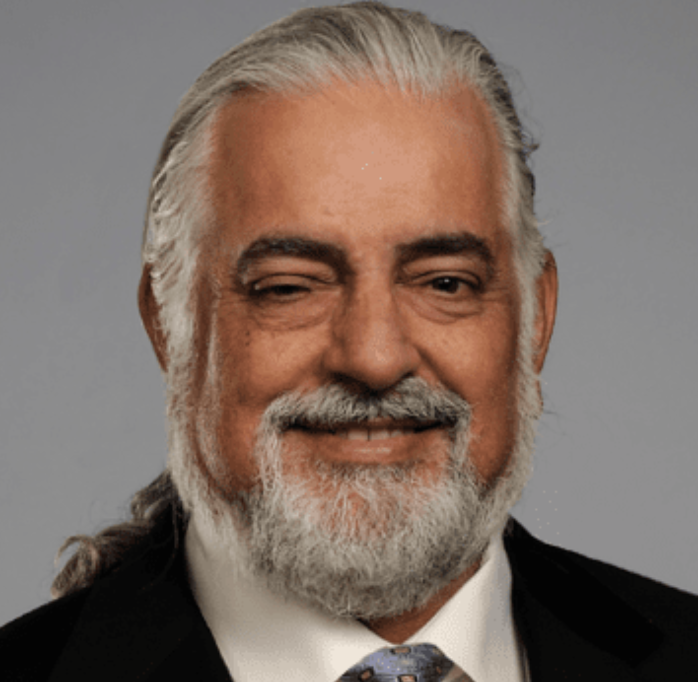Rare disease specialist Ultragenyx reeled in a $14 million seed round for its Alzheimer’s gene therapy spinout Amlogenyx, the company exclusively told Endpoints News.
The California biotech’s subsidiary stapled together the raise, led by GordonMD Global Investments, after initially seeking a $50 million Series A earlier this year. Rather than go with the Series A at this time, Ultragenyx opted for a seed round that will get Amlogenyx to an IND filing in “a couple years,” CEO Emil Kakkis said in an interview.
 Emil Kakkis
Emil Kakkis“The financing environment can be pretty tough for early-stage, non-clinical stage research at this point in time, and we had a few very committed investors who wanted to move it forward,” Kakkis said. “Instead of trying to close a larger round with more people, we decided just to work with a group that was committed and move the ball a little further down the road. By getting it closer to an IND, we would be in a better position to do the Series A.”
Amlogenyx aims to create a one-time Alzheimer’s gene therapy based on a protease developed with Alessandra d’Azzo at St. Jude Children’s Research Hospital, Kakkis said.
The 14-year-old Ultragenyx’s expansion into a common disease — after snagging multiple approvals for rare disease treatments — derived from insights into a one-in-a-million-person disease known as galactosialidosis. Work in that area drummed up gleanings of how the lysosomal compound known as protective protein/cathepsin A, or PPCA, had an impact on amyloid beta, Kakkis previously told Endpoints.
A study found that the enzyme degrades Aβ42, a protein central to the devastating effects of the memory-robbing disease. Kakkis thinks Amlogenyx’s experimental medicine could potentially offer more benefit to patients than the existing anti-amyloid monoclonal antibodies from Eisai-allied Biogen and Eli Lilly.
“What we’re showing is we can put a lysosomal enzyme in the lysosome, and that can reduce the plaque outside the cell, which tells us mechanistically that if you could clear the amyloid inside the lysosomal pathway, you would stop dumping plaque outside and would stop, we think, rupturing cells,” Kakkis said.
But it will be years before the biotech’s offshoot will study the investigational gene therapy in humans. By that point, there could be additional Alzheimer’s drugs on the market that target amyloid, other nasty proteins like tau or different angles to the tricky disease.
Either way, Kakkis sees room for Amlogenyx’s approach. An intracellular attack, he said, might have a more profound effect on neuronal function than current anti-amyloid methods and it could potentially work “in concert” with the existing monoclonal antibodies. “They would not be at odds,” the CEO added.
“There’s a potential to reduce neuronal disease and improve neuronal health and actually regain some function that’s lost,” Kakkis said.
Eisai and Biogen’s Leqembi and Lilly’s Kisunla have been shown to slow cognitive decline at modest rates but not restore memory or cognitive function. Other drugmakers are investigating the anti-amyloid approach. Some have been burned in the past. Or, in AbbVie’s case last week, have found that it’s tough to be “sufficiently differentiated” in the field of amyloid monotherapies.
“Alzheimer’s has been in a rut, but fortunately the accelerated approval of a few products, and now full approval of some, has put us in position to see investment going forward to take on one of the most horrifying public health crises that are coming,” Kakkis said.
The goal is to create a “cost-efficient product,” he added. If Amlogenyx’s candidate bears fruit in clinical testing, it could potentially enter a market of millions of people.
Craig Gordon, the founder and chief investment officer of GordonMD, said in a statement that he believes the Amlogenyx candidate could “change the outlook for this disease.” Kakkis will chair the Amlogenyx subsidiary and Ultragenyx’s chief quality operations officer will conduct the duties of chief operating officer.